It is possible to heal anxiety without using conventional medication, and here are a few steps to get there!
Anxiety is a difficult and frustrating health condition to deal with. It not only has the power to impact your mental wellbeing, but its effects can impact your physical health too. Many people are looking to heal their anxiety without resorting to unnecessary medication. Are you one of them?
In the United States, anxiety disorders affect approximately 18% of the adult population. This makes anxiety one of the most common forms of mental illness. And in my experience, anxiety also one of the most overlooked. Partly because in our busy society, anxiety is considered normal. And partly because the solutions tend to focus on one strategy rather than taking a holistic approach.
Anxiety solutions tend to run the gamut from “you have to try harder to change your mindset” to “you need to take this prescription medication.”
But with my training as a registered dietitian, coupled with my 6+ years of experience as a holistic health practitioner, I knew there had to be a middle ground.
There are no hard and fast ways to manage your anxiety without medication.
Just like everyone has different body compositions that need different diets, every person who has anxiety has s different underlying cause and will respond well to different treatments.
And those treatments don’t have to be in the form of medication. There are plenty of research-backed ways to manage anxiety that have nothing to do with a pill.
If you want to find freedom from your struggle with anxiousness and heal anxiety for good, here are some of the best ways to get started.
Move Your Body regularly to cut anxiety
The easiest way to cut anxiety is to get outside for a walk or some other type of outdoor activity. The physical exertion paired with a change of scenery is likely the key reason why outdoor movement is so helpful for reducing anxiety. It really is as simple as going for a walk outside!
But if you hate yoga, don’t worry. Any activity that focuses on the mind-body connection and deeper breathing is helpful to reduce anxiety. Even walking in nature or a simple mobility routine can help you reconnect with your breath.
Research also shows that team sports are especially helpful at reducing anxiety and stress. Finding a social or competitive sport that you enjoy may actually reduce your feelings of stress (as long as the outcome of the game doesn’t stress you out!)
However, be aware that the intensity of your lifting is crucial when it comes to the effects on stress. Strength training at a low-to-moderate intensity (<70% 1 repetition maximum) produces the most consistent and significant decreases in anxiety. It’s okay to push yourself now and then, but your regular lifting routine shouldn’t be maximum effort if you want the best anxiety-reducing results.
The most important thing is to find an activity you enjoy and that can help you redirect your thoughts away from your worries. Whether that’s walking outside, regular yoga classes, or throwing around a heavy barbell, regular movement is one of the best ways to keep your anxiety at bay.
Talk to Someone to heal anxiety
Making progress in healing your anxiety can be as simple as talking to someone. This person can be a therapist (and I strongly recommend therapy as a solution!) but confiding in a close friend or family member is also beneficial.
Just like partnering with a qualified nutritionist to help you overcome health challenges, partnering with a qualified mental health professional to tackle your anxiety can make a huge difference.
If a therapist sounds like a good option for you, there are many different specialties to choose from. Therapists are trained in a specific form of therapy or focus on a certain type of anxiety. Find one that makes sense for you and they’ll be able to help you overcome exactly what you’re struggling with.
But if therapy isn’t for you, talking to another human being whom you trust can be incredibly helpful. Find someone who you’re comfortable being honest with, and who will hold you accountable for making the necessary changes.
It’s important to not let your fear or the unfortunate stigma around anxiety and other mental health challenges keep you from seeking help. Talking to someone about what you’re struggling with is often the first and most important step to heal your anxiety!
Cut Down on Caffeine to reduce anxiety
Caffeine is anxiogenic. This means that caffeine is an anxiety-producing stimulant drug. (It’s also problematic for your hormones, but that’s another story).
There is good news for your daily caffeine habit if you’re a coffee lover. Going cold turkey on caffeine can actually result in an increase in mental distress and anxiety. So I don’t suggest cutting it out completely if you’re a regular coffee consumer.
Try decreasing your number of caffeine-containing drinks by half. That might mean transitioning from six cups of coffee a day to three. Or you could even switch out a few regular cups of coffee for decaf or tea (here’s my favorite tea brand).
Anything to decrease your intake of caffeine can be helpful in reducing symptoms of anxiety. Over time, you might find that you need less caffeine to get through your day than you thought. And if you’re like me, you might realize that overdoing the caffeine is what is causing fatigue in the first place.
Implement Breathing and Meditation to heal anxiety
Guided breathing and meditation techniques are simple and inexpensive (and often free) ways to fight anxiety.
The great part about implementing these practices into your life is that anytime anxiety strikes, you always have a way to combat it, no matter where you are.
Deep breathing, also referred to as “pranaymaic” breathing, activates the “rest-and-digest” part of your nervous system. This breathing style decreases blood pressure, reduces cortisol, and slows your heart rate.
The physical act of breathing and paying attention to your breath can take your mind off of what’s causing you anxiety. Focusing inward is a great way to distance yourself from your stressors and calm both your mind and your body.
Many yoga enthusiasts recommend 3 Part Breathing as an effective anxiety-reduction strategy. But a good breathing practice doesn’t even need to be this complicated.
Breathing deeply and slowing your rate of respiration can improve your response to stressful events and help heal anxiety symptoms.
And my good friend Coach Sarah Smith has a free course on breathing that will help you strengthen your core and pelvic floor, and make deep breathing a regular habit.
With enough practice, these breathing techniques will become second nature and can serve as an effective way to squelch any oncoming anxiety.
Give Yourself Dietary Freedom to avoid anxiety
Trying to fit your diet into any pre-prescribed template is a recipe for stress and anxiety.
Remember: there is no one perfect diet.
And if you’re trying to follow the latest trendy way of eating, the diet that worked for your best friend, or one that worked for you 10 years ago, that struggle could be a key player in your anxiety.
The majority of diets are more strict than they need to be. Unless you have a medical reason for eliminating foods like grains, legumes, or dairy, there’s no reason to avoid these generally health-promoting foods.
In addition, going too far in the low-carb or low-fat direction can cause negative impacts on your mental health.
Here’s a case study showing the effects of a very low carb diet on one patient’s anxiety. And
here’s a study showing how a significant reduction in dietary fat led to higher levels of anxiety and mood disturbances.
Some evidence even suggests that eating too much protein can result in anxiety. So if you’re struggling with anxiety try not to go above 1 gram of protein per pound of body weight. Honestly, most of my clients find it challenging to do that much protein on a well-balanced diet, so not going too low on carbs or fat should help keep your protein intake from going too high.
But other than that, loosening up the reigns of your restrictive diet can be the missing piece in finding freedom from anxiety. Allow yourself room to be spontaneous with your food choices. Enjoy your family’s Friday night homemade pizza tradition. Have fun with your friends at a tapas bar downtown.
When you look beyond food choices and restriction you’ll find that everyday moments are filled with more enjoyment and less stress.
Make Time for Physical Connection to lessen anxiety
Humans were made for physical connection. So it makes sense that physical touch is another effective way to find freedom from anxiety.
There are so many forms of physical connection, and many have scientific studies backing their effectiveness for reducing stress and anxiety.
But don’t worry, you don’t need to shell out a lot of money for regular massage and acupuncture appointments. (Though if you’re able to make the investment in yourself, there’s no shame in doing so!)
And if you don’t have another human to snuggle up to, touching your furry friends can give you the same benefits.
It doesn’t matter who you’re touching, really. What’s important is that you feel relaxed and safe while you’re physically connecting with another living being.
Supplement wisely to reduce anxiety
Supplements can be helpful tools when you’re working to decrease your anxiety. But keep in mind, you can’t out-supplement a diet and lifestyle that is creating your symptoms of anxiety.
If you’ve given all these other steps a try and are still struggling to heal anxiety, there are a few supplements that can help you feel better quickly.
There are a variety of herbs that can be calming and stress-reducing, especially if they’re made into a warm, relaxing tea. Here are some herbs that have been commonly used to treat anxiety:
-
California poppy
-
Hops
-
Verbena
-
Chamomile
-
Lemon balm
-
Valerian
-
Rhodiola
-
Lavender
-
Passionflower
You can also use certain nutritional supplements that are known to be effective for combatting anxiety.
Lavender oil is great for aromatherapy, but did you know it can also be taken internally for anxiety? In fact, supplemental lavender oil has been found to be as effective as conventional medical treatment when it comes to reducing anxiety symptoms. I like
Lavela WS 1265 by Integrative Therapeutics as a reputable oral lavender product.
There are many supplement options that can help calm symptoms of anxiety. Of course, ask your personal healthcare provider before taking any supplements, as these products can interact with medication or cause harm if taken in excess.
look to your faith to heal Anxiety
Luke 12:25 says: “And which of you by being anxious can add a single hour to your life?”
My faith in God and putting my trust in Him as my rock and my fortress when everything around me feels uncertain has been a huge help in my personal journey to heal anxiety.
Reading the Bible and listening to worship music can be a great way to calm your racing thoughts and refocus on who is really in control. (Because it’s NOT us!)
If you are spiritually-minded and believe in a higher power, whether it’s the God of the Bible or not, I encourage you to dive deeper into your faith during times of anxiety.
Faith can play such an important role in your ability to conquer anxiety. But, faith without action on your part likely won’t be effective.
Your faith should incite behavior changes that result in decreased worry and stress.
God has given you the ability to trust Him and make health-improving changes… it’s your job to make the change!
And if you need help to heal anxiety, I’m here to support you. You can sign up for a strategy session with me here. We’ll get a game plan in place for making those necessary behavior changes to overcome your worry and eliminate your symptoms of anxiety.
This post may contain affiliate links. If you click on a link and make a purchase, I may receive a small commission.
Share this with someone who needs it!
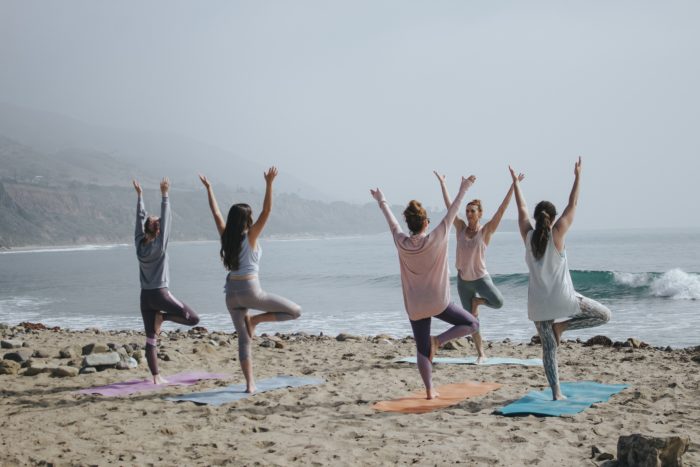
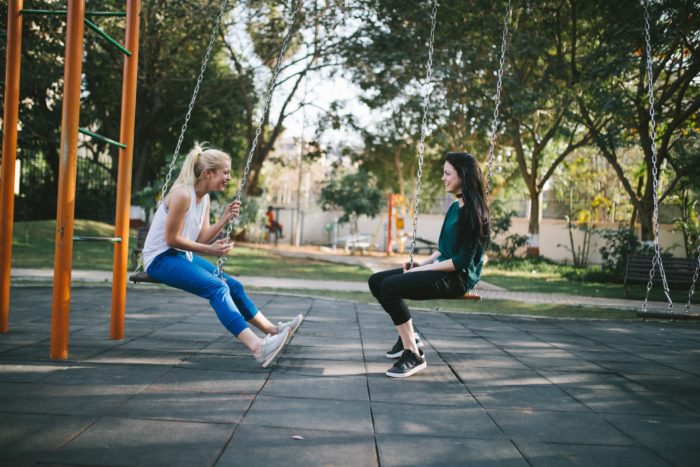
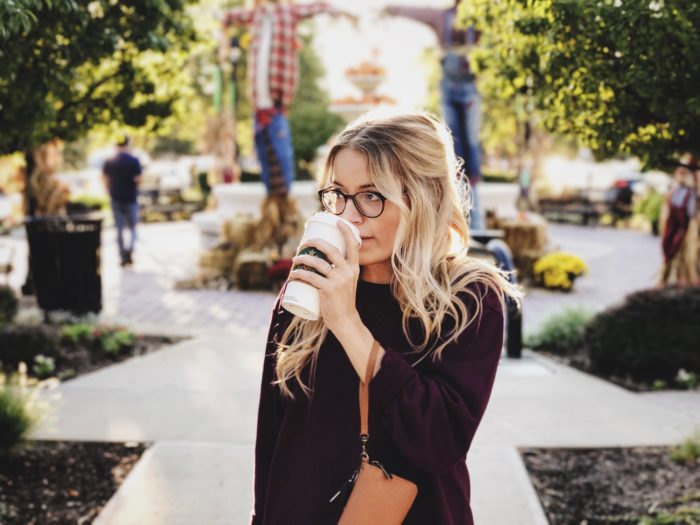



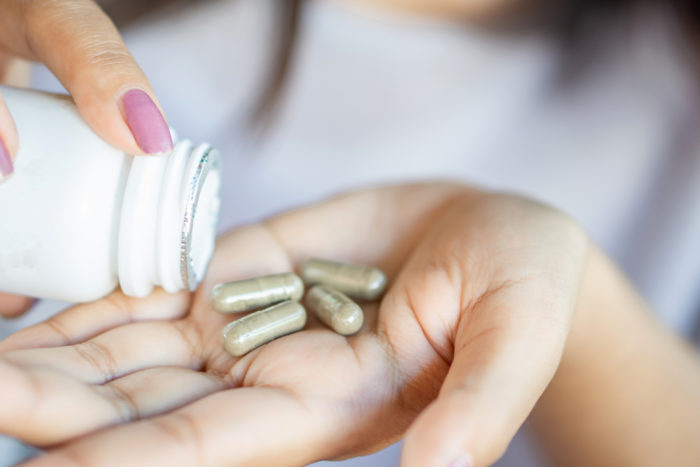

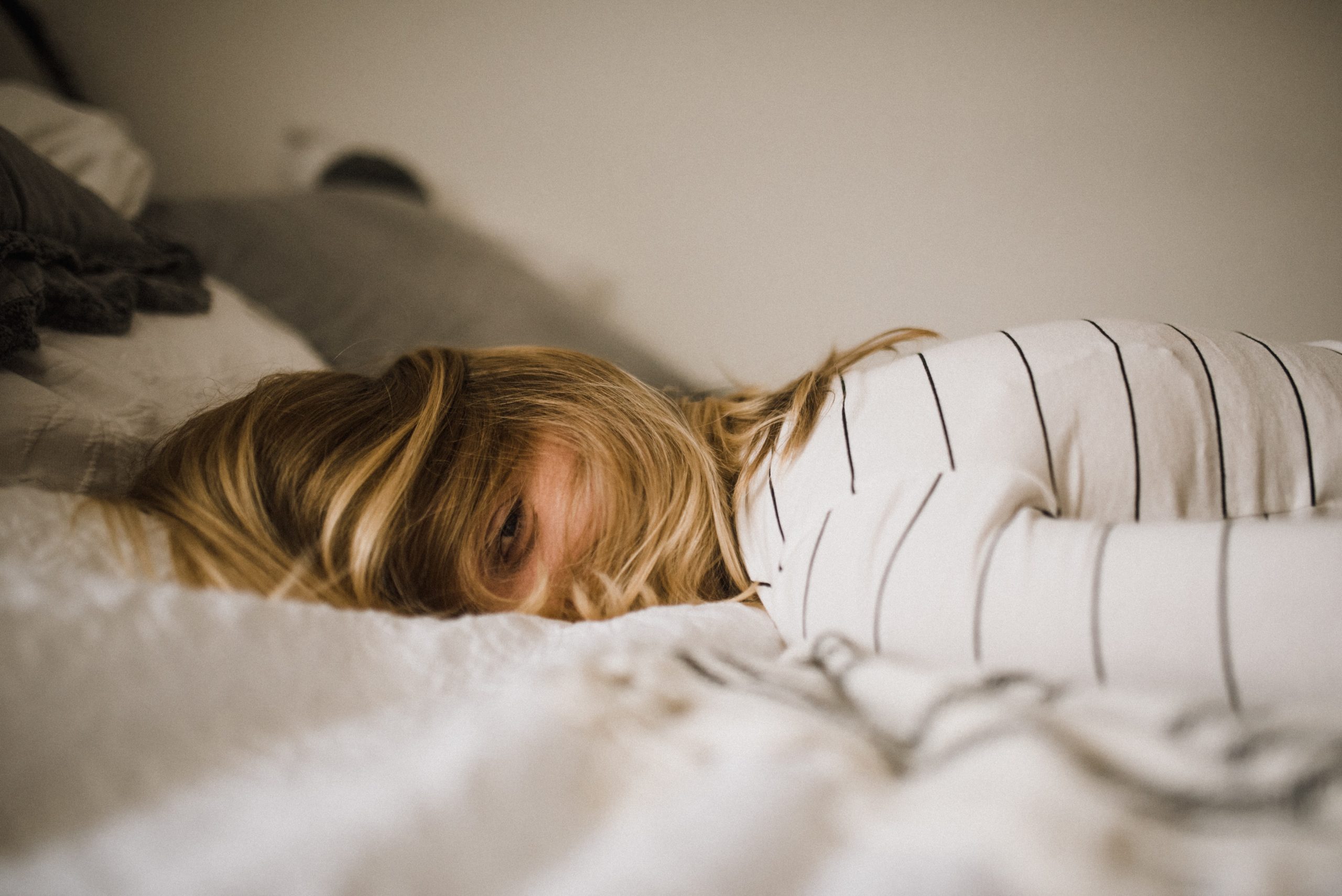
+ show Comments
- Hide Comments
add a comment